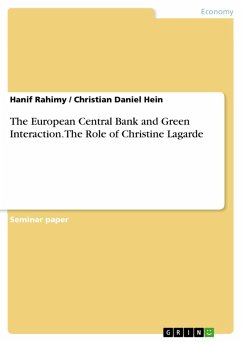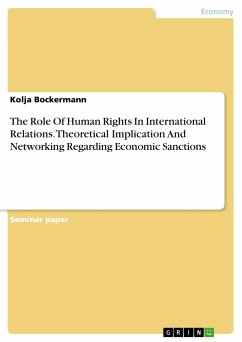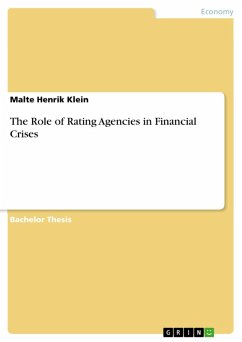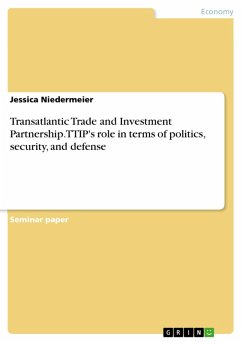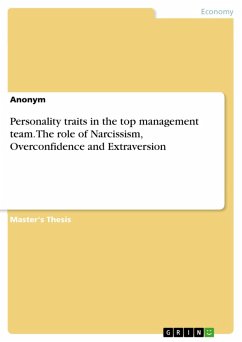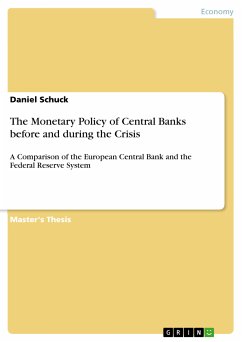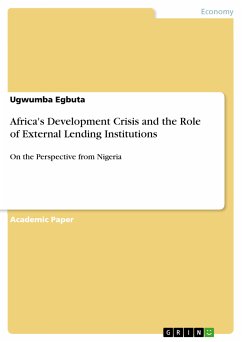Seminar paper from the year 2020 in the subject Economics - International Economic Relations, grade: 1,3, Carl von Ossietzky University of Oldenburg, language: English, abstract: This paper discusses the question, how Christine Lagarde wants to reorient the ECB's strategy and find answers to how the European Central Bank (ECB) could react to future developments such as climate change and if that is possible. In 2015, 190 parties have committed themselves to the Paris Agreement. This agreement aims to limit global warming to well below 2 degrees. Climate change is one of the greatest challenges of our time and many nations have drawn up their own climate protection plans to limit their emissions. However, since climate change is a global challenge, international cooperation is more effective, if not necessary. In December 2019, EU Commission President Ursula von der Leyen proved her commitment to environmental friendliness by announcing the European Green Deal in terms of which no more net greenhouse gas emissions are to be released in the EU by 2050. Von der Leyen is supported by the President of the European Central Bank (ECB) Christine Lagarde. But does the ECB commit ultra vires in the process?
Dieser Download kann aus rechtlichen Gründen nur mit Rechnungsadresse in A, B, BG, CY, CZ, D, DK, EW, E, FIN, F, GR, HR, H, IRL, I, LT, L, LR, M, NL, PL, P, R, S, SLO, SK ausgeliefert werden.

